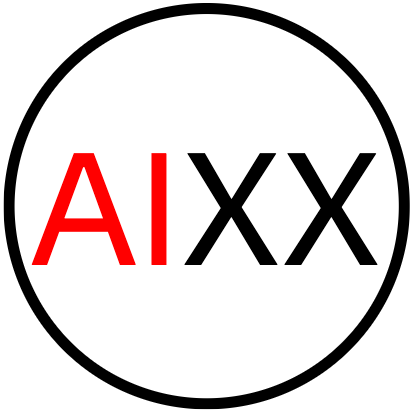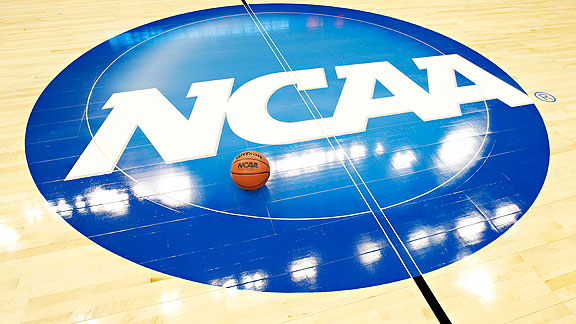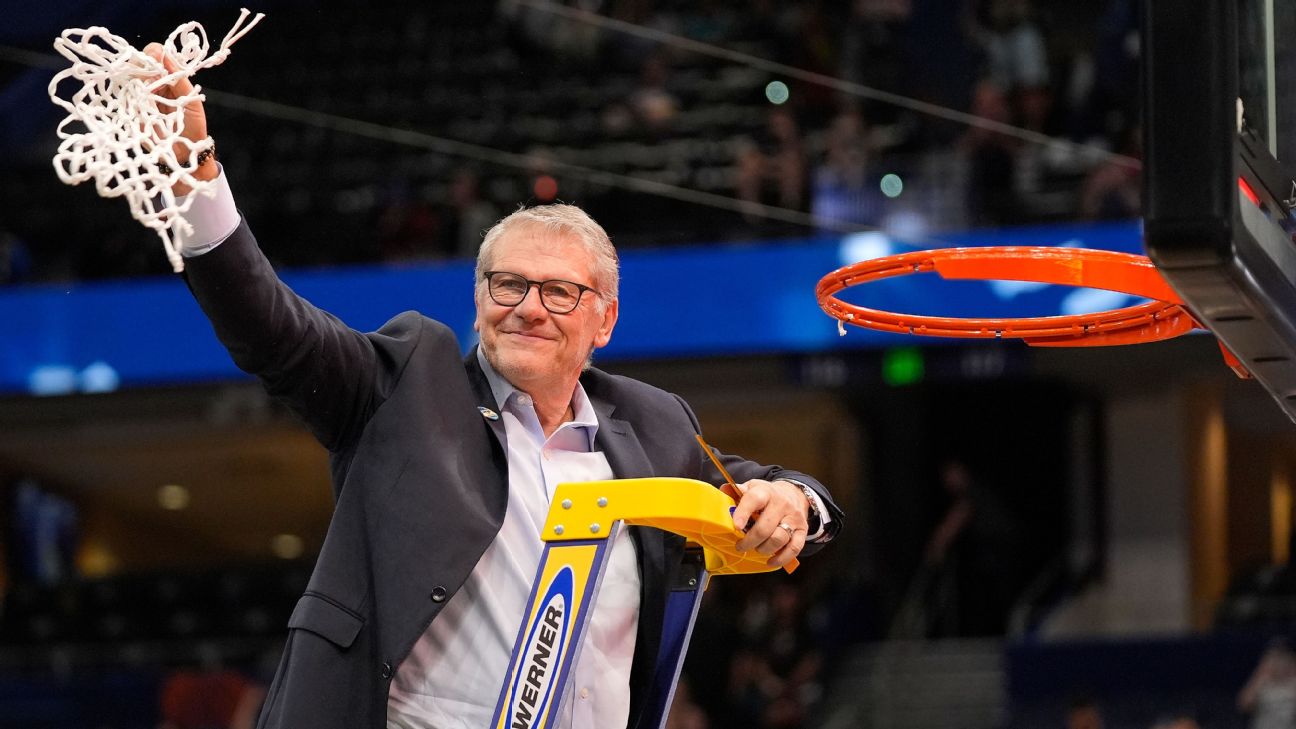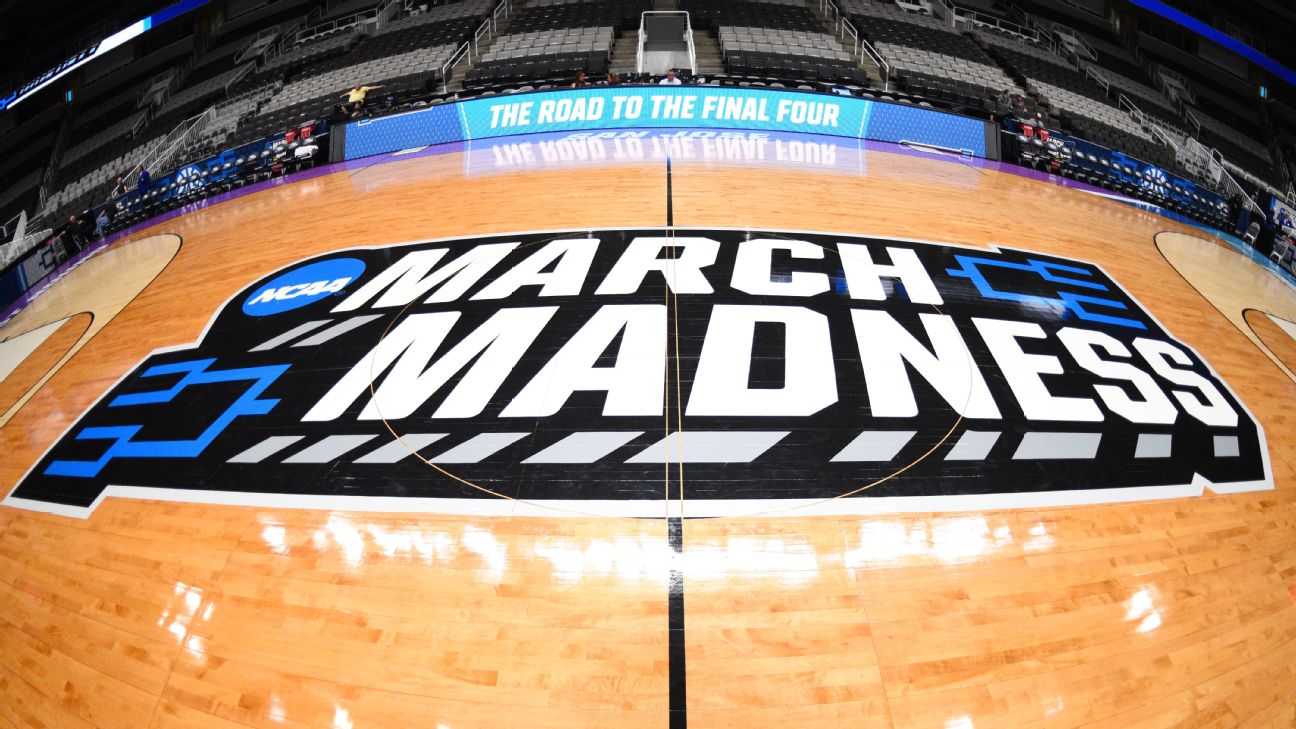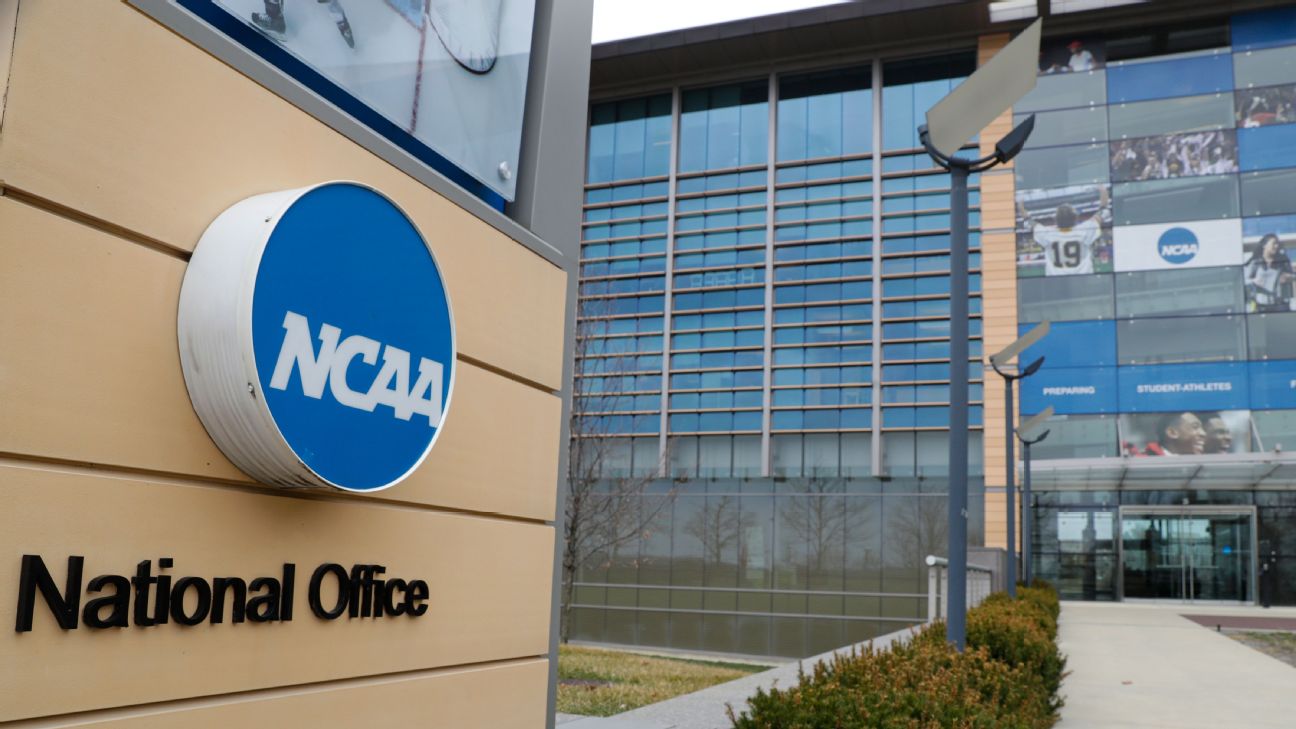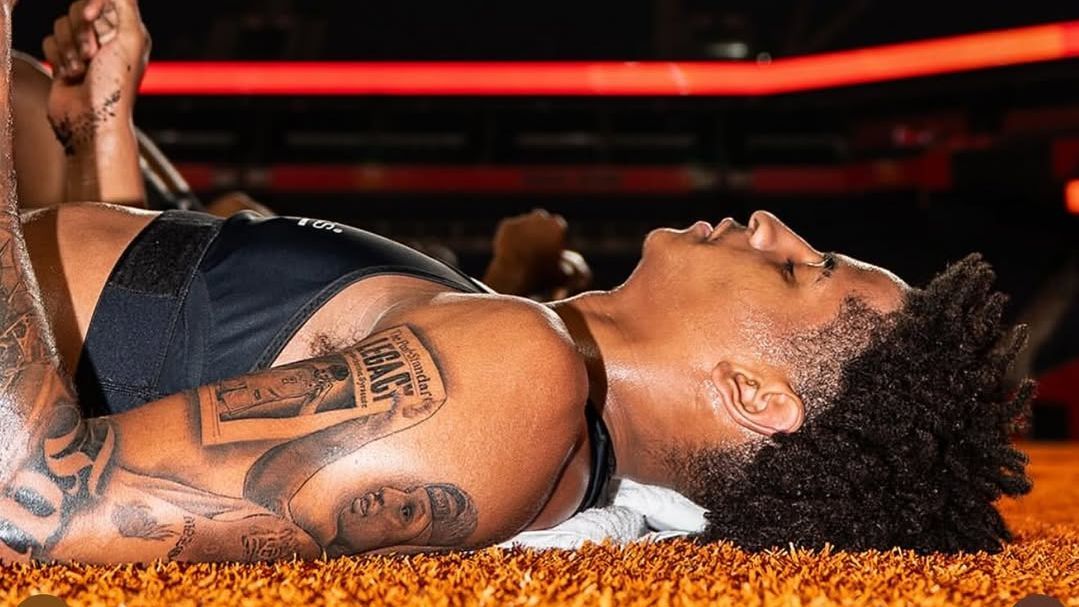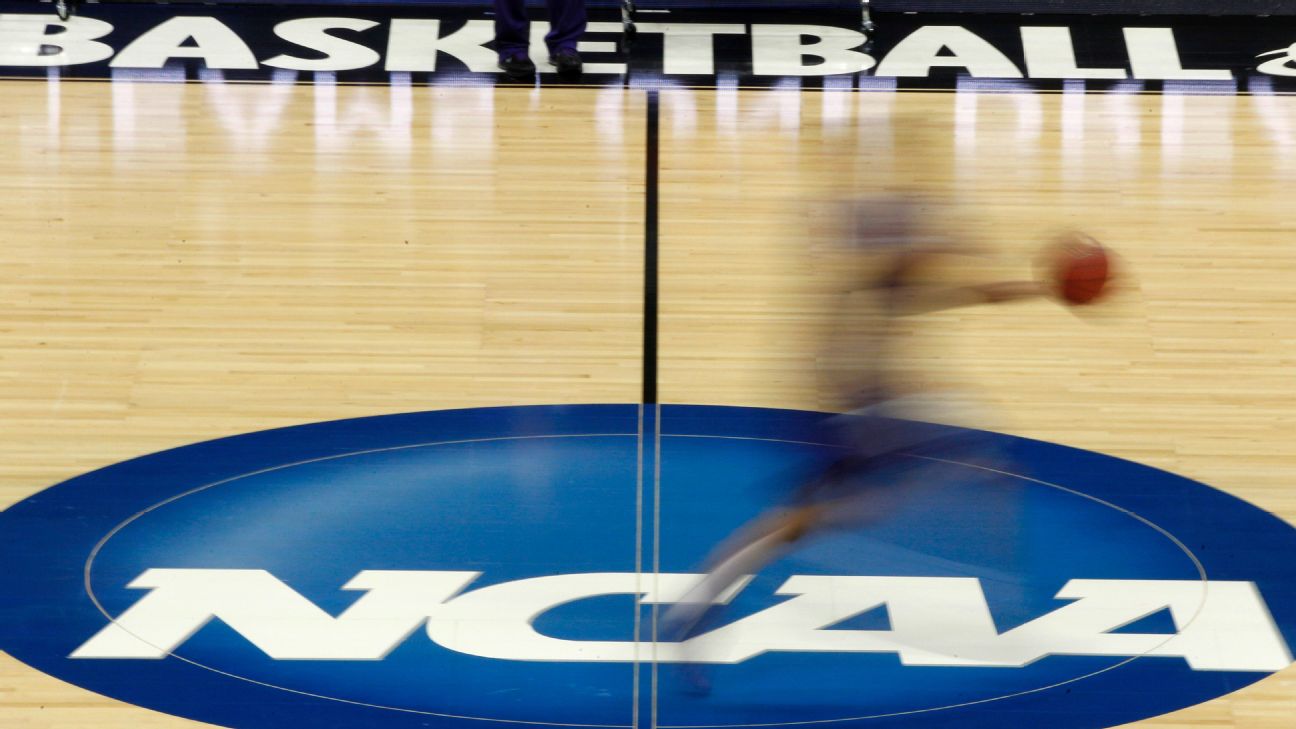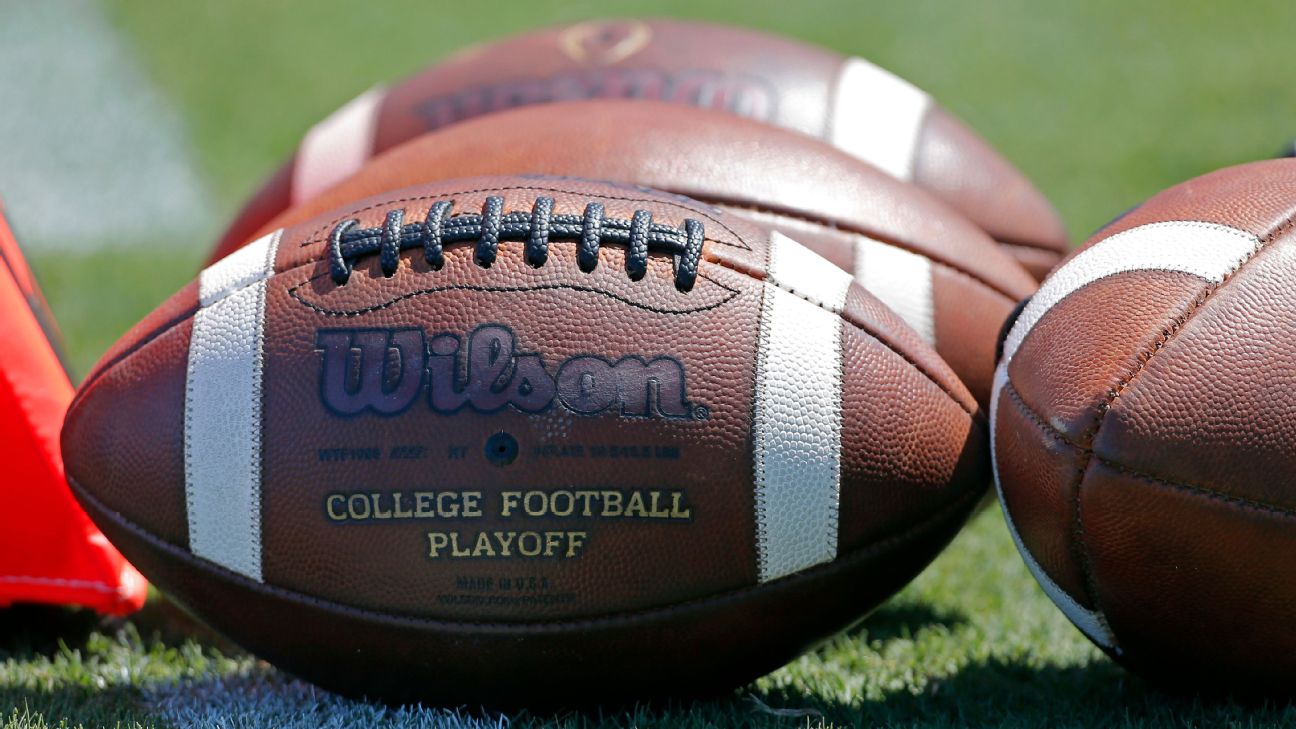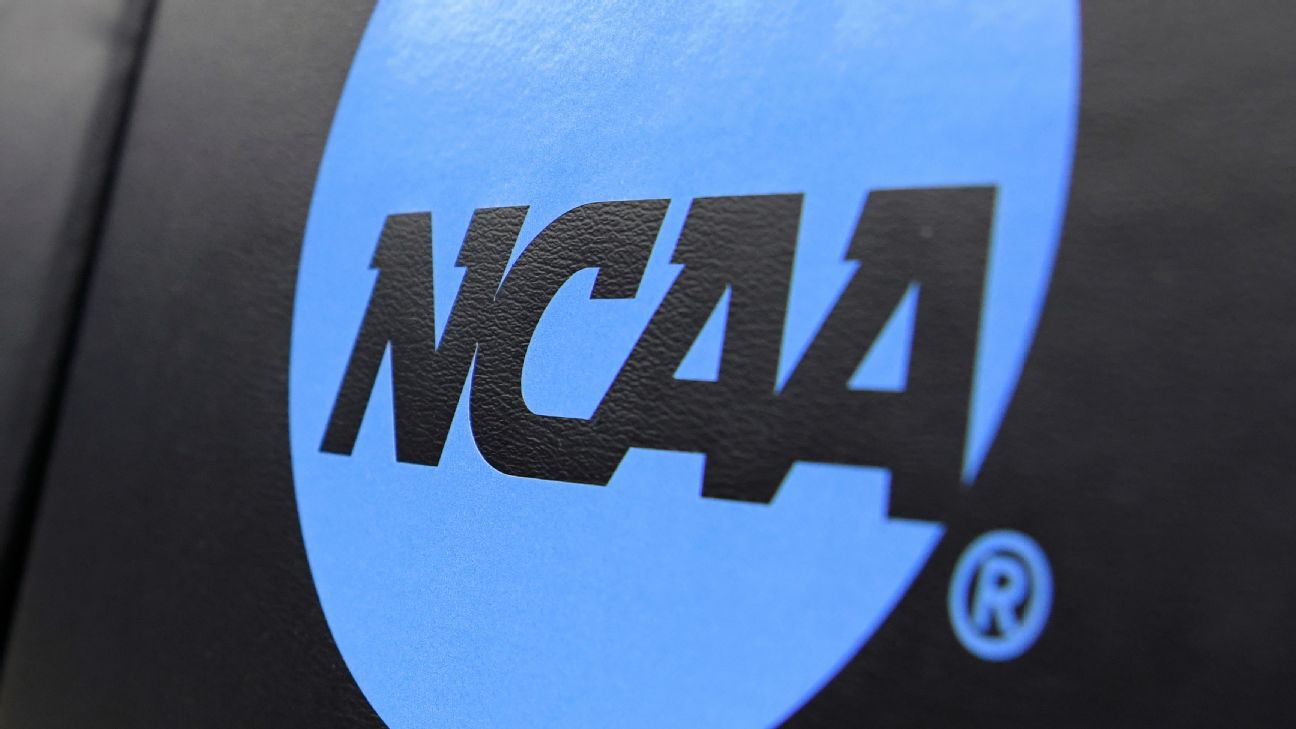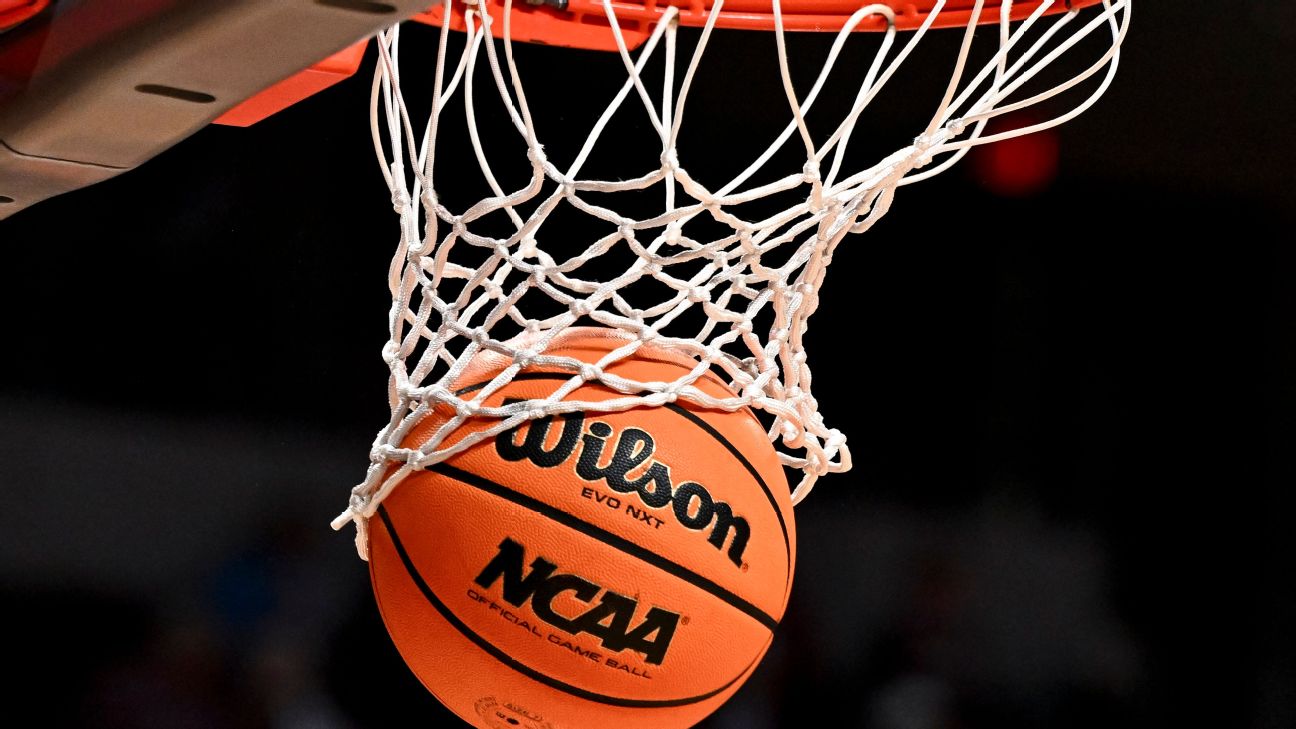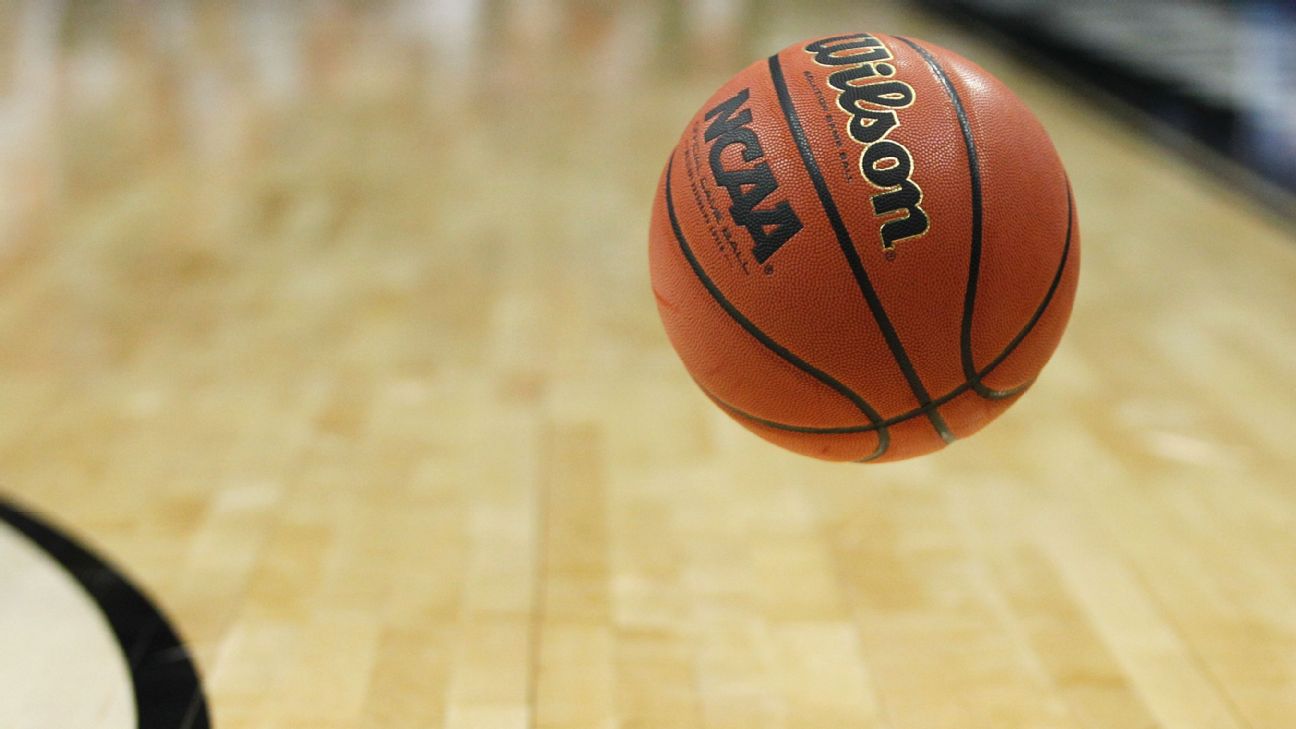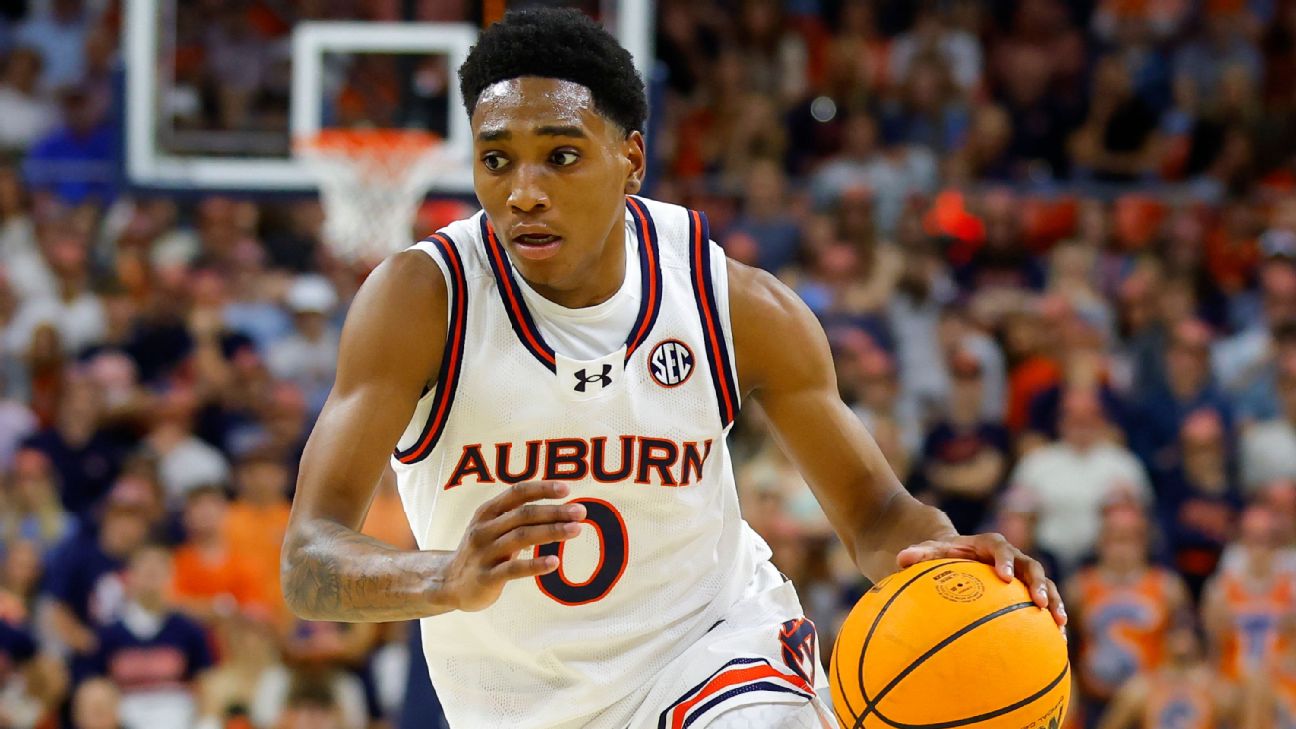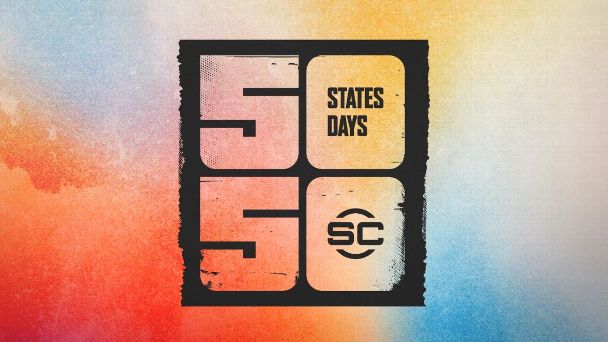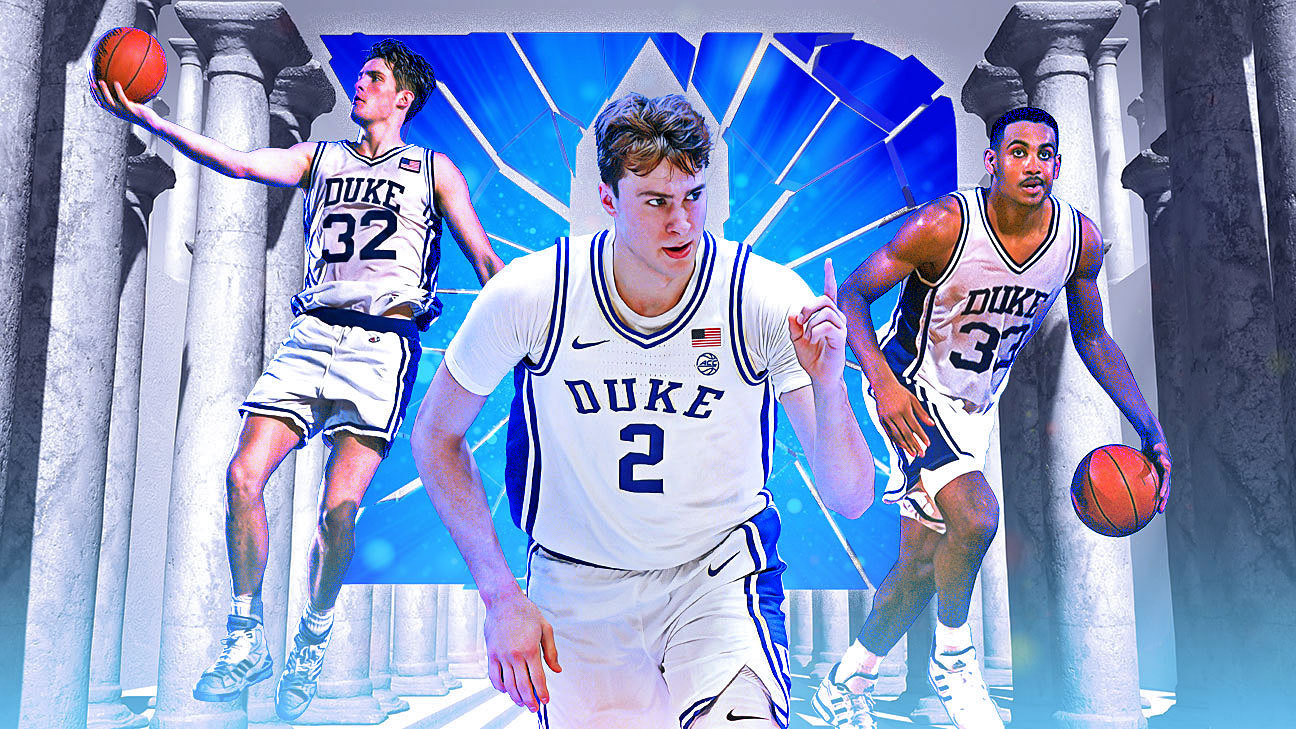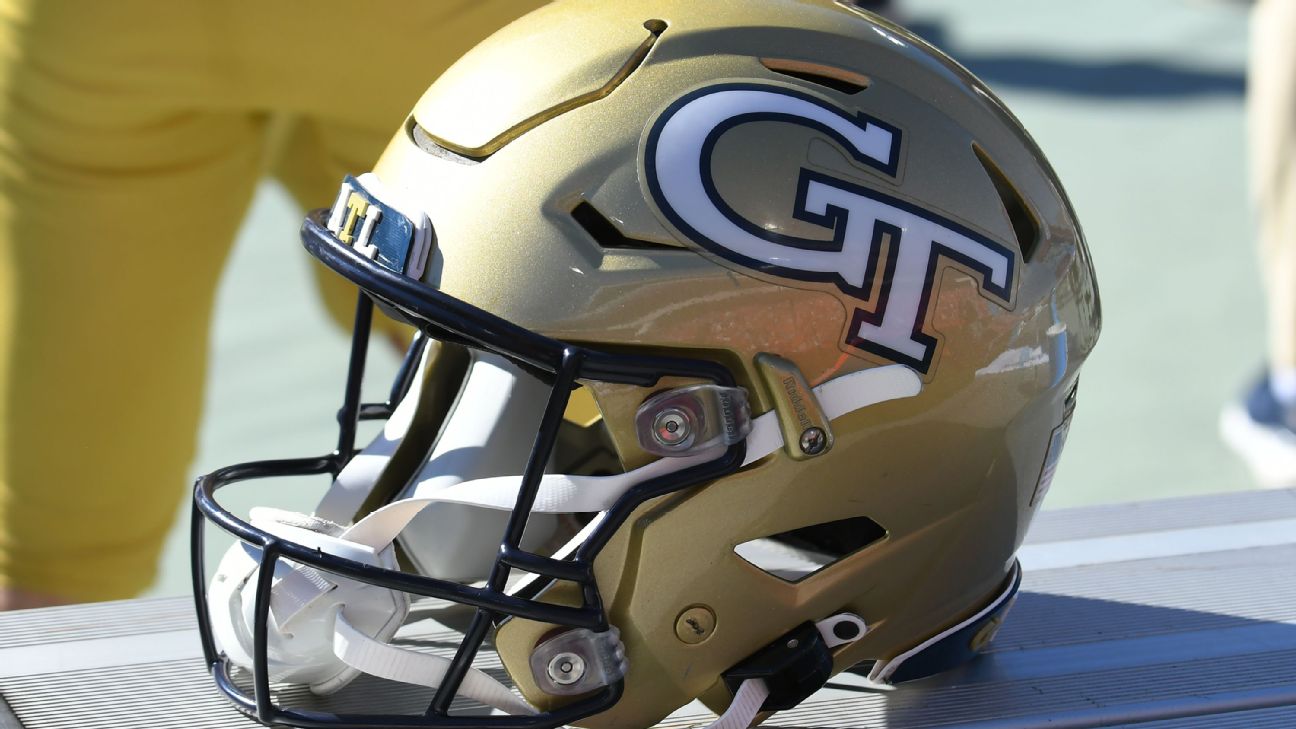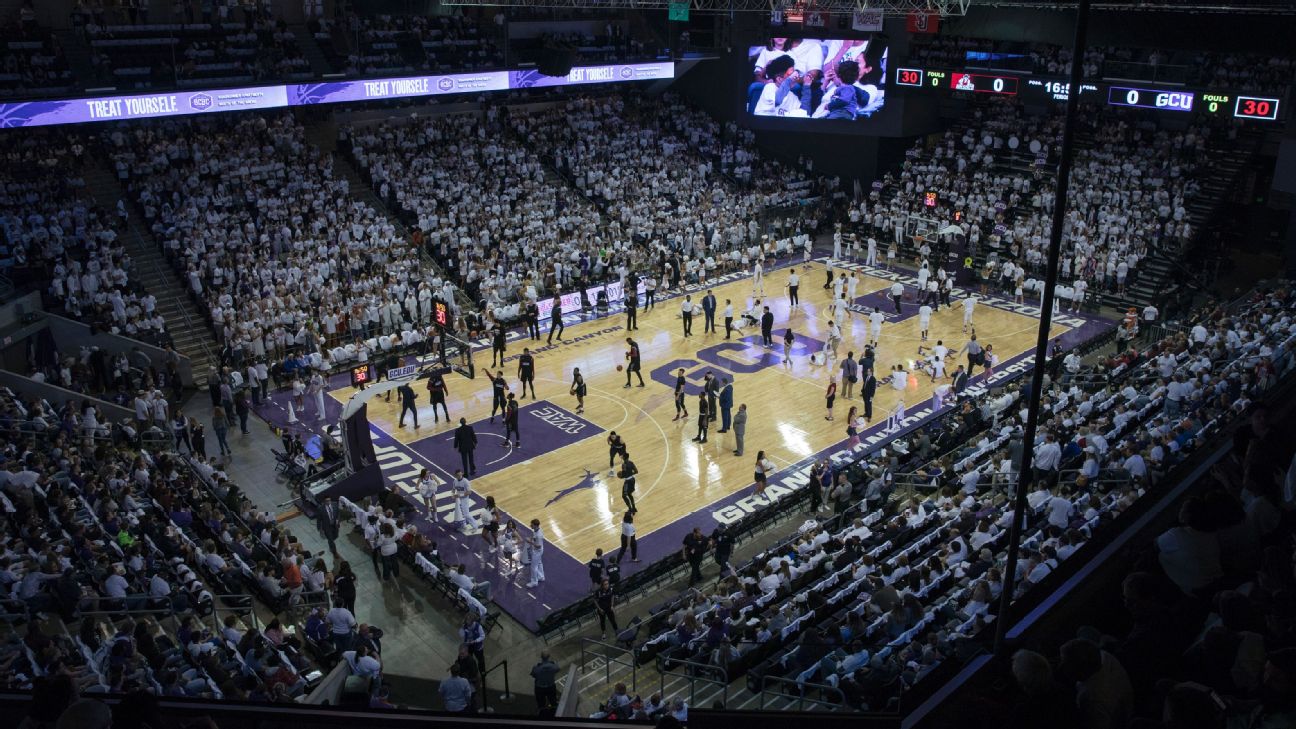Trump's Executive Order Shakes Up College Sports: Preserving Opportunities and Regulating Athlete Payments
President Trump's executive order aims to preserve college sports opportunities and regulate athlete payments, sparking debates on NCAA policies and athlete rights.
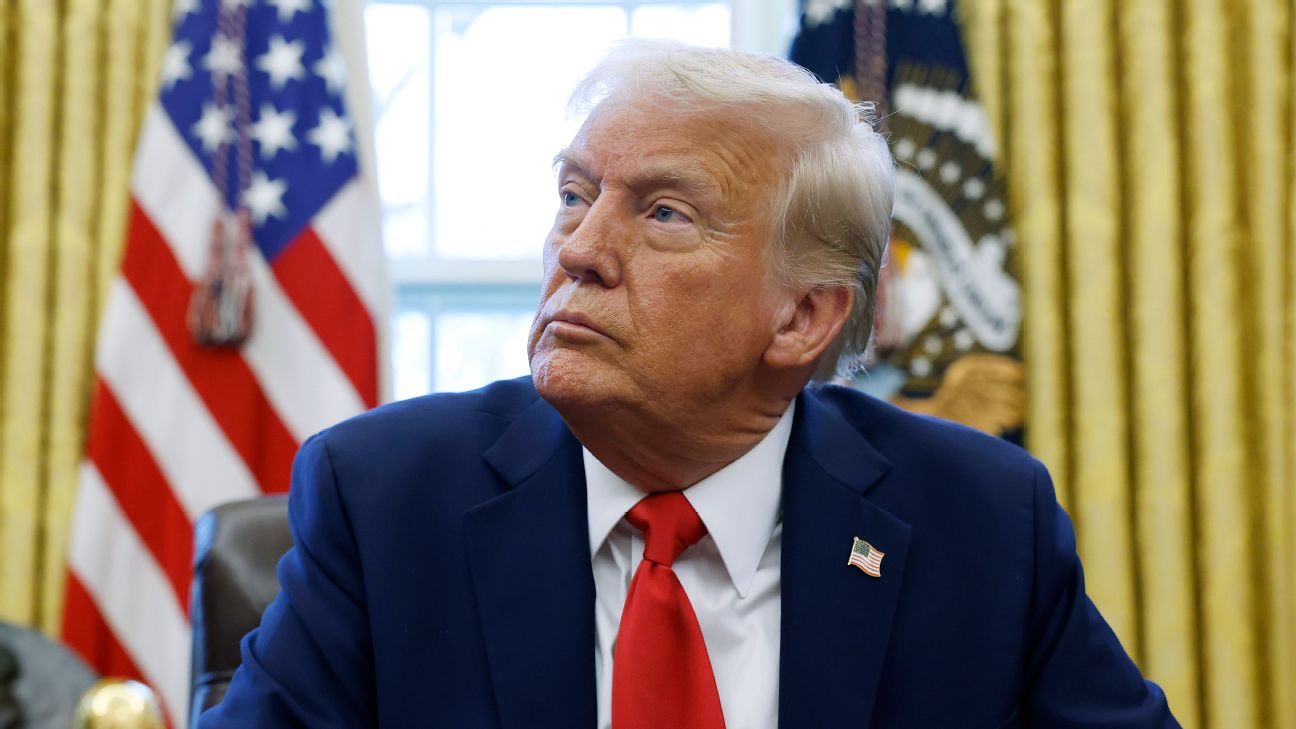
President Donald Trump has issued an executive order directing his Cabinet to develop a plan within 30 days to preserve college sports opportunities and prevent athletes from turning professional. This move comes amid ongoing debates about athlete compensation and the future of college sports.
Key Points of the Executive Order
- Preserving Athletic Scholarships: The order sets guidelines for maintaining athletic scholarships based on an athletic department's annual revenue.
- Prohibition of Pay-for-Play: Schools are instructed not to allow athletes to accept third-party, pay-for-play payments.
- Federal Funding Leverage: Secretary of Education Linda McMahon is tasked with using federal funding decisions to enforce the administration's policy.
NCAA's Stance and Challenges
The NCAA has long prohibited pay-for-play payments from third parties. However, recent legal challenges and state laws have pressured the association to reconsider its stance. In June, the NCAA and its power conferences agreed to an antitrust settlement allowing schools to pay athletes up to $20.5 million annually.
Reactions and Criticisms
Steve Berman, a co-lead plaintiff attorney in the antitrust settlement, criticized Trump's intervention, stating that athletes don't need Trump's help and should be free to make their own deals.
Future of College Sports
NCAA president Charlie Baker emphasized the need for federal lawmakers to create competitive balance in college sports. He called for an antitrust exemption to enforce rules that would limit athlete earning power.
Impact on Non-Revenue Sports
The executive order mandates that athletic departments earning over $125 million annually must increase scholarships for non-revenue sports. This aims to protect sports like many women's sports that are vital to intercollegiate athletics.
Employment Status of Athletes
The order also calls on the Secretary of Labor and the National Labor Relations Board to clarify athletes' employment status to maximize educational benefits. This issue remains contentious, with some coaches advocating for athletes to be considered employees.
Ongoing Legal Battles
A federal case (Johnson v. NCAA) argues that athletes should be considered employees under the Fair Labor Standards Act. The outcome of this case could significantly impact the future of college sports.
Trump's executive order has sparked widespread debate and could lead to significant changes in how college sports are governed and how athletes are compensated.


